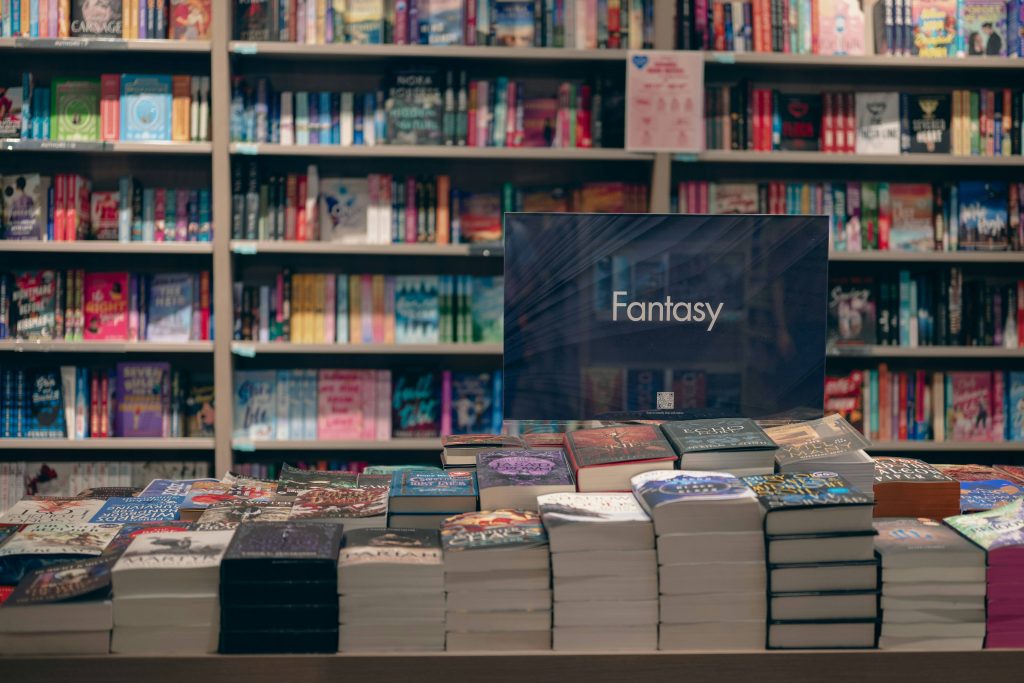
11 Aug Controversial Books and Freedom of Expression in Literature in 2025
INTRODUCTION
Controversial books have long been at the center of passionate debates, challenging the boundaries of acceptable discourse and prompting readers to confront complex or sensitive subjects. These works often address topics that provoke strong emotional reactions due to their political, cultural, or moral implications. In literature, such controversy is closely tied to the principle of freedom of expression—the belief that writers should be able to present their ideas without undue censorship. In today’s world, where access to information is rapid and widespread, understanding the role of controversial books is essential to appreciating the broader value of open dialogue and the exchange of ideas.
Understanding Freedom of Expression in Literature
Freedom of expression in literature is the ability for writers to share their ideas, perspectives, and stories without being unfairly restricted. Over the centuries, many societies have worked to protect this right through cultural values and, in some cases, written laws. International agreements, such as the Universal Declaration of Human Rights, also affirm the importance of this freedom. These protections enable authors to explore challenging subjects, question popular assumptions, and contribute meaningfully to public discussion. Literature’s ability to serve as a platform for creativity and diverse viewpoints relies heavily on these cultural and institutional safeguards.
Why Certain Books Become Controversial
Books become controversial for various reasons, often reflecting the values and concerns of the communities in which they are read. Some explore sensitive political topics, while others address moral or ethical issues that spark disagreement. In certain cases, controversy arises when a book challenges widely accepted narratives or introduces perspectives that are unfamiliar to its audience. This can lead to passionate discussion about the book’s themes, language, or intent, illustrating the tension between the freedom to express ideas and the desire to avoid public offense.
The Role of Literature in Challenging Boundaries
Literature has a unique ability to encourage critical thinking and broaden perspectives. Controversial books often inspire readers to examine established beliefs, fostering conversations that might not occur otherwise. They can act as mirrors that reflect society’s complexities or as windows into different ways of life. While some authors intentionally address contentious subjects to provoke thought, others do so simply by sharing authentic experiences or ideas. The most enduring works tend to spark discussion while promoting understanding, helping readers engage thoughtfully with diverse viewpoints.
Censorship and Its Impact on Society
Censorship in literature can take many forms, including removing books from libraries, restricting their distribution, or discouraging their publication. While some argue that limiting access to certain content protects community values, such actions can reduce the diversity of available perspectives. Excluding particular books from public spaces may limit opportunities for readers to explore different interpretations of events or ideas. Societies that encourage access to a wide range of literature generally provide more opportunities for individuals to develop critical thinking skills and a deeper appreciation for cultural diversity.
Protecting Freedom of Expression in Publishing
Maintaining freedom of expression in the literary world involves a shared responsibility among authors, publishers, educators, and readers. Publishers play an important role by supporting works that contribute to public discussion, even if those works are not universally accepted. Authors can contribute by addressing challenging subjects with care and integrity. Readers, in turn, benefit from approaching controversial books with openness and a willingness to consider different viewpoints. Education also plays a vital role in helping people read critically, understand context, and engage in respectful dialogue.
CONCLUSION
Controversial books hold an important place in the literary and cultural landscape. They invite conversation, promote diverse perspectives, and encourage society to reflect on its values and beliefs. Protecting the freedom to write, publish, and read such works ensures that literature remains a space where ideas can be explored openly and respectfully. By defending the place of controversial literature, we also protect the foundations of meaningful dialogue and an inclusive exchange of knowledge.
KEY TAKEAWAYS
- Freedom of expression is central to literature’s purpose, allowing authors to share ideas, challenge societal norms, and explore complex or sensitive topics without undue censorship. This principle is recognized globally and is crucial for fostering open dialogue and cultural growth.
- Controversial books often reflect the values, tensions, and concerns of their time, addressing political, cultural, or moral issues that provoke strong reactions. They may challenge accepted narratives, introduce unfamiliar perspectives, or spark debate on themes, language, and intent.
- Literature serves as a catalyst for critical thinking and perspective broadening, offering readers the opportunity to question assumptions, engage in meaningful discussions, and gain insight into diverse experiences and worldviews. Controversial works often endure because they provoke thought while encouraging empathy and understanding.
- Censorship limits intellectual and cultural diversity, potentially reducing opportunities for readers to develop critical thinking skills. Restricting or banning books can prevent access to different viewpoints and hinder a society’s ability to engage with challenging ideas constructively.
- The protection of freedom in publishing relies on collective responsibility—authors must approach sensitive topics with integrity, publishers should support works that contribute to public discourse, educators can guide critical engagement, and readers should approach differing viewpoints with openness.
- Education plays a vital role in navigating controversial literature, equipping individuals with the skills to understand context, analyze themes, and engage in respectful debate. This ensures literature remains a tool for learning, connection, and societal progress.
FAQ
Why are controversial books important in literature?
Controversial books play a vital role in sparking meaningful conversations, challenging existing beliefs, and promoting critical thinking. They encourage readers to explore diverse perspectives, understand complex issues, and engage with ideas that may differ from their own, fostering intellectual growth and cultural awareness.
How does freedom of expression protect literature?
Freedom of expression allows authors to write without undue censorship, enabling the exploration of sensitive or challenging topics. This protection ensures literature remains a platform for creativity, diversity of thought, and open dialogue, allowing societies to grow through exposure to different cultural, moral, and political perspectives.
What impact does censorship have on readers and society?
Censorship limits access to diverse viewpoints, reducing opportunities for readers to develop critical thinking and cultural understanding. By restricting certain books, societies risk silencing important discussions and narrowing public perspectives, ultimately weakening the ability to engage with complex or controversial ideas in an informed, respectful manner.
Racial diversity in publishing is more than a trend—it’s a movement toward equality, creativity, and richer storytelling. Explore how publishers, authors, and readers are working together to shape a more inclusive and impactful literary world.



